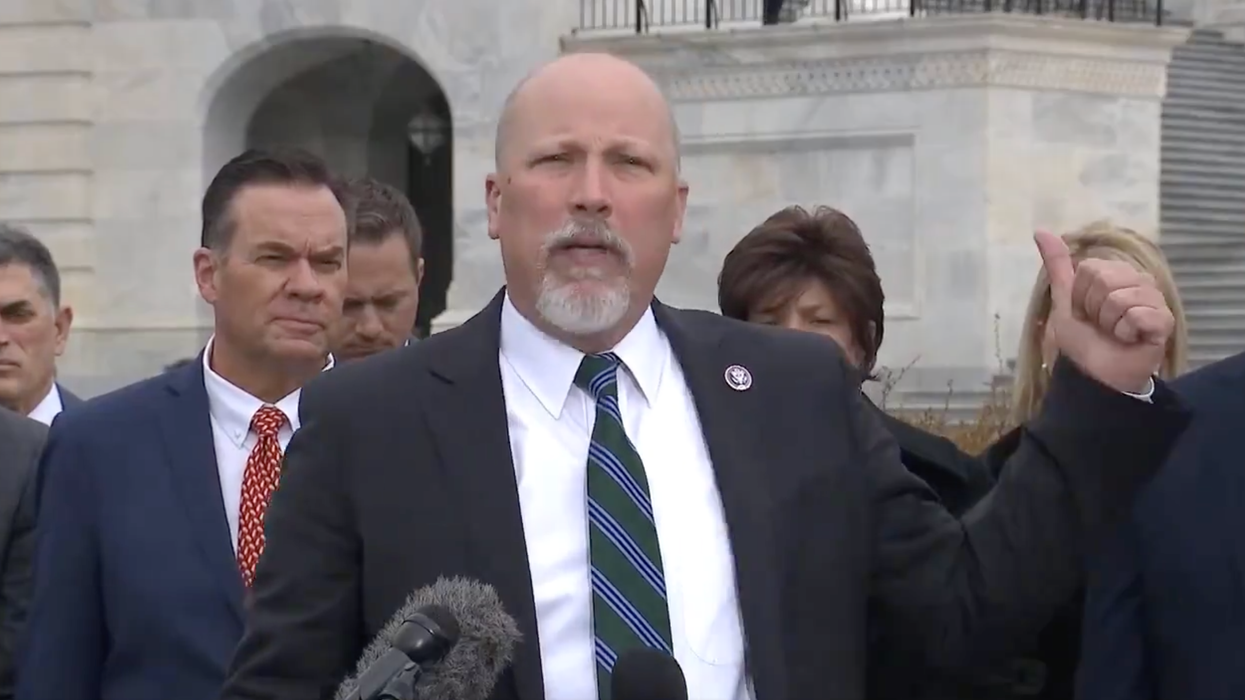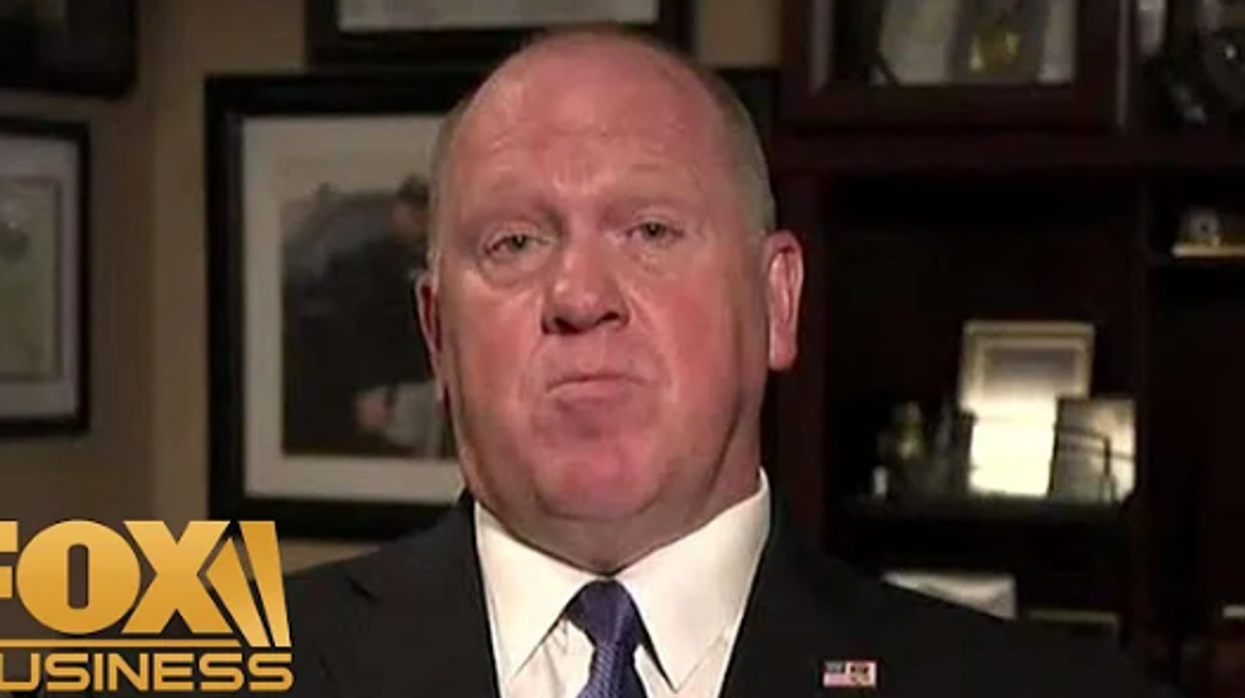House Republicans Suddenly Want To Make Ousting Speaker More Difficult
House Republicans released a proposal Wednesday for the rules governing the lower chamber of Congress to make it more difficult to oust a speaker—an effort to protect Mike Johnson, or whoever ultimately wins the gavel.
In the current Congress, any House member from either party could introduce a motion to vacate the chair, which would require the House to vote on a new speaker.
Former Speaker Kevin McCarthy (R-CA) made this rule in 2023 as a concession to House Republicans in exchange for their votes for speaker after an embarrassing 15 rounds of voting.
Former Rep. Matt Gaetz, Republican of Florida, used this rule to oust McCarthy in October 2023. And Rep. Marjorie Taylor Greene, Republican of Georgia, tried to use it again in May 2024 to push out Johnson, but Democrats voted to keep him to avoid throwing the House into chaos for the second time in less than a year.
But Republicans’ new proposed rule, which the House will vote on when the 119th Congress is sworn in on Friday, would only allow members of the majority party to introduce motions to vacate the chair.
As the proposal states, “A resolution causing a vacancy in the Office of Speaker shall not be privileged except if it is offered by a member of the majority party and has accumulated eight cosponsors from the majority party at the time it is offered.’’
If adopted, this rule could insulate Johnson from being ousted if his own members revolt against him. Though, of course, Johnson has to be elected speaker first, which is not a sure thing.
Johnson can afford to lose just one Republican vote with his narrow majority and still become speaker. Already, Rep. Thomas Massie, Republican of Kentucky, said he is not voting for Johnson, and Rep. Chip Roy, Republican of Texas, suggested that he isn’t either, putting Johnson’s speakership in potential danger.
It’s unclear whether anyone will challenge Johnson for the gavel, so the Massie-Roy effort would merely stop the House from having a speaker and paralyze the chamber until they relent. If no speaker is in place by Jan. 6, then Congress will not be able to certify Donald Trump’s victory.
Democrats, meanwhile, are irate about Republicans' proposed rule change.
Rep. Jim McGovern, Democrat of Massachusetts, accused Republicans of "injecting partisan extremism into the rules."
"Their proposed changes would, for the first time in history, shield the Speaker from accountability to the entire chamber by making it so that only Republicans can move to vacate the chair," he wrote on X. "This makes it clear that they have no intention of working together to find common ground. Instead of electing a Speaker of the House, they decided to elect a Speaker of the Republican Conference—held hostage by their most extreme members."
Other Democrats said the rule proposal is an indication of Johnson’s weakness.
"I suppose this travesty is necessary in the Speaker's mind because his leadership is so tenuous,” Rep. Joe Morelle, Democrat of New York, told Axios. “There's no way for him to 'win’ the game unless the 'fix' is in. But this is deeply troubling."
The 119th Congress is already a mess, and it hasn't even started yet.
Reprinted with permission from Daily Kos.











